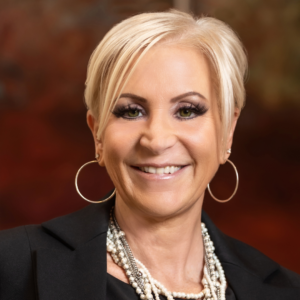Children want parents to age at home
Adult children think their parents’ quality of life is better if they age at home, according to a recent survey.
Nearly 85 percent of surveyed baby boomers and Generation Xers said they would prefer for their parents and loved ones to age at home instead of in a long-term care facility.
“It’s no secret that most seniors prefer to stay in their homes as they age, but we wanted to find out their adult children’s attitudes on the topic,” said Chris Buitron, chief marketing officer of Senior Helpers, an in-home senior care provider to Forbes magazine.
When asked about their overall perception of senior care, nearly 60 percent of adult children say seniors have a more positive experience aging at home compared to an assisted living or independent living facility.
However, the majority of respondents don’t have parents or loved ones in long-term care. More than 40 percent have not yet been faced with the need to consider or research long-term care. About 44 percent thought about it and hadn’t taken action or weren’t interested in long-term care for their parents.
Buitron said Senior Helpers surveyed 1,000 men and women ages 45-64 across the nation. About 800 of them were surveyed through Google Insights, a division of Google Analytic Solutions that allows businesses to survey consumers across the internet and on mobile devices. The reminder answered the survey on social media.
Other key findings:
60 percent of baby boomers are reportedly concerned about juggling caregiving responsibilities for their families and aging loved ones. Nearly 20 percent want their parents to live with them. Fifteen percent said they would want their parents to age in a long-term care facility.
Two-thirds of baby boomers and Generation Xers said they are comfortable talking to their parents about long-term care options.
Sixty percent said finding living arrangements for parents was a natural part of life. That doesn’t seem to make it any easier on adult children. Twenty-five percent said researching options gave them anxiety and 14 percent preferred another sibling take responsibility.

Nicole was Senior Editor at I Advance Senior Care and Long Term Living Magazine 2015-2017. She has a Journalism degree from Kent State University and is finalizing a master’s degree in Information Architecture and Management. She has extensive studies in the digital user experience and in branding online media. She has worked as an editor and writer for various B2B publications, including Business Finance.
Related Articles
Topics: Business Marketing Including Social Media and CRM , Executive Leadership











